












          |
   |
The most common stroke symptoms are: |
|
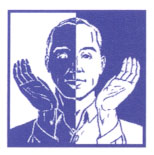
|
|
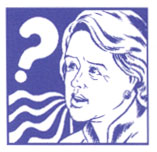
|
|
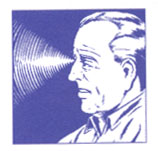
|
|
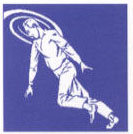
|
|
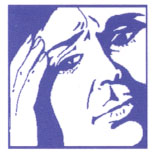
|
|
|
Other less common symptoms include: |
|
|
|
|
|
|
What to do: |
|
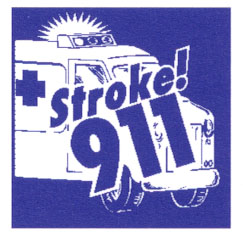
|
CALL 9-1-1. Stroke is an Emergency! EVERY MINUTE COUNTS! Several new and experimental drugs may stop - and even reverse - this brain damage when administered immediately after the stroke*. |
What is TIA? |
|
|
TIA is a Transient Ischemic Attack or episode whereby symptoms of stroke appear for only a very short while and then disappear. The word "ischemic" means there is a local and temporary obstruction of the circulation. "Transient" means that symptoms are temporary and will soon go away. |
|
Is TIA serious? |
|
|
While TIAs are not strokes, they indicate serious underlying stroke risks and are a powerful warning sign that part of the brain is not getting enough oxygen and that a full stroke may soon follow. The National Stroke Association's advice is NEVER IGNORE STROKE SYMPTOMS. CALL 9-1-1. Only a doctor can tell for sure if you are having a stroke or a TIA. |
|
For stroke support, call the American Stroke Association's Stroke Family "Warmline" at 1.800.553.6321. The American Stroke Association is a division of the American Heart Association and offers informational packages for professionals, stroke patients and family members of stroke sufferers. Visit ASA website at www.strokeassociation.org
Ask your doctor or healthcare practitioner which hospital offers the best emergency treatment for stroke.
Grateful acknowledgement to the National Stroke Association (NSA) for the above information. Used by permission. For more information, you may contact NSA at 840 East Orchard Road, Suite 1000, Englewood, CO 80111-5015 or visit the NSA website at www.stroke.org .The site offers online support to family members. Email address: info@stoke.org
Stroke |
What is a Stroke? |
Stroke: Are You at Risk? |
Stroke Warning Signs |
Atrial Fibrillation (AF) |
Pulse Check Twice a year to Screen for AF |
Stroke Facts
Back to top
Disclaimer | Donate Now | Contact Us | Site Map | Store
|
©1999-2000; updates: 2002, 2004, 2005, 2007 Women's Heart Foundation, Inc. All rights reserved. Unauthorized use prohibited. The information contained in this Women's Heart Foundation (WHF) Web site is not a substitute for medical advice or treatment, and WHF recommends consultation with your doctor or health care professional. |